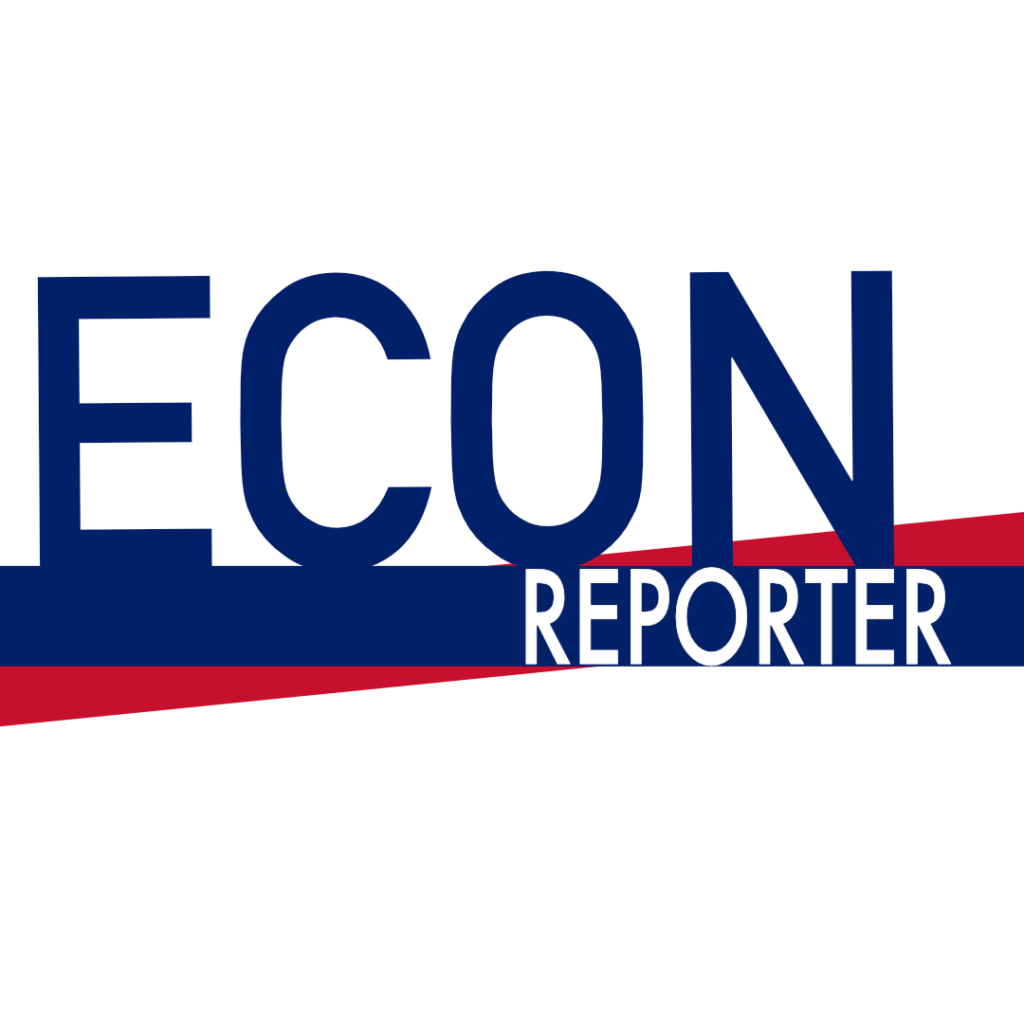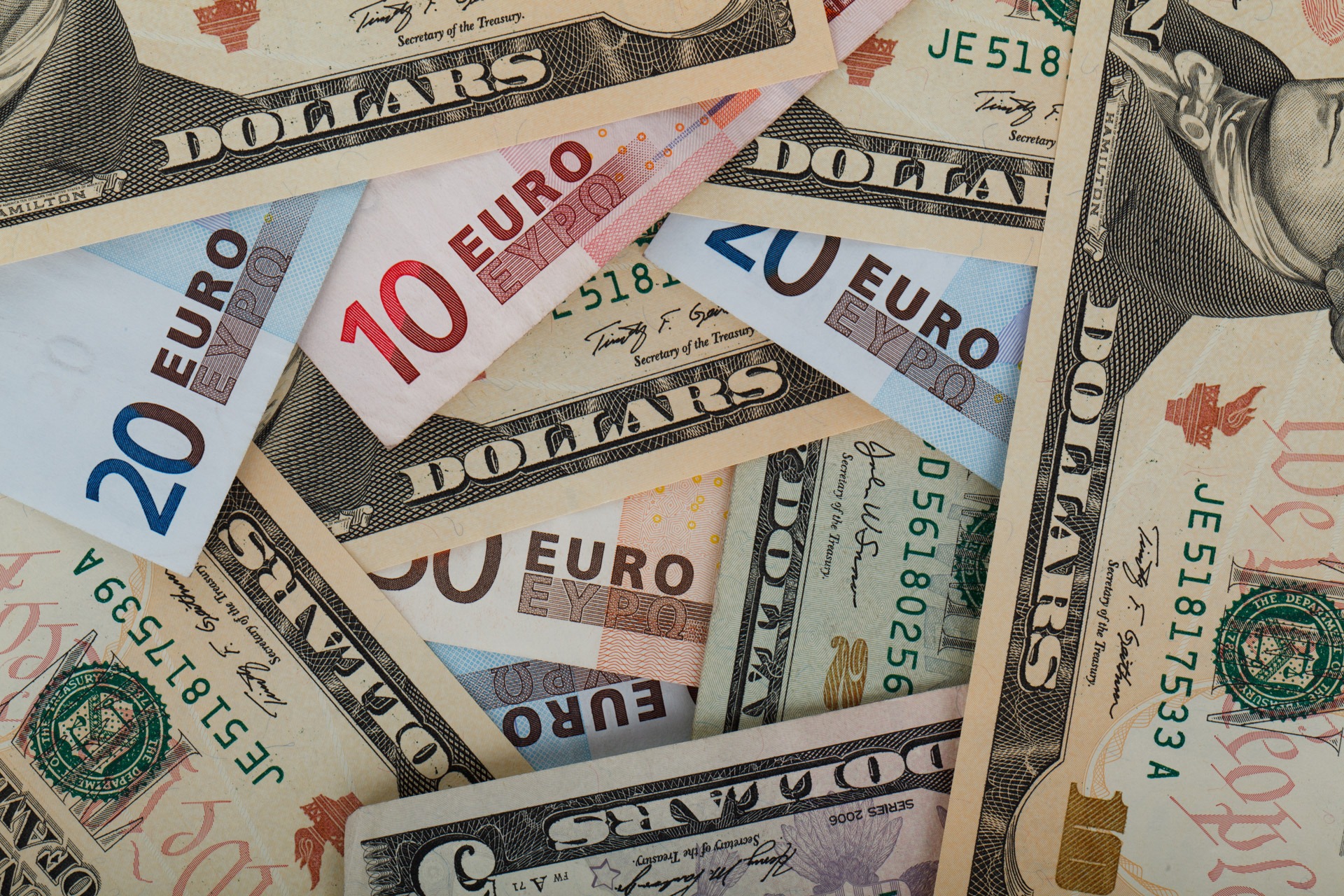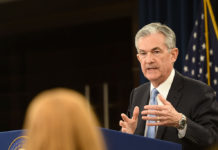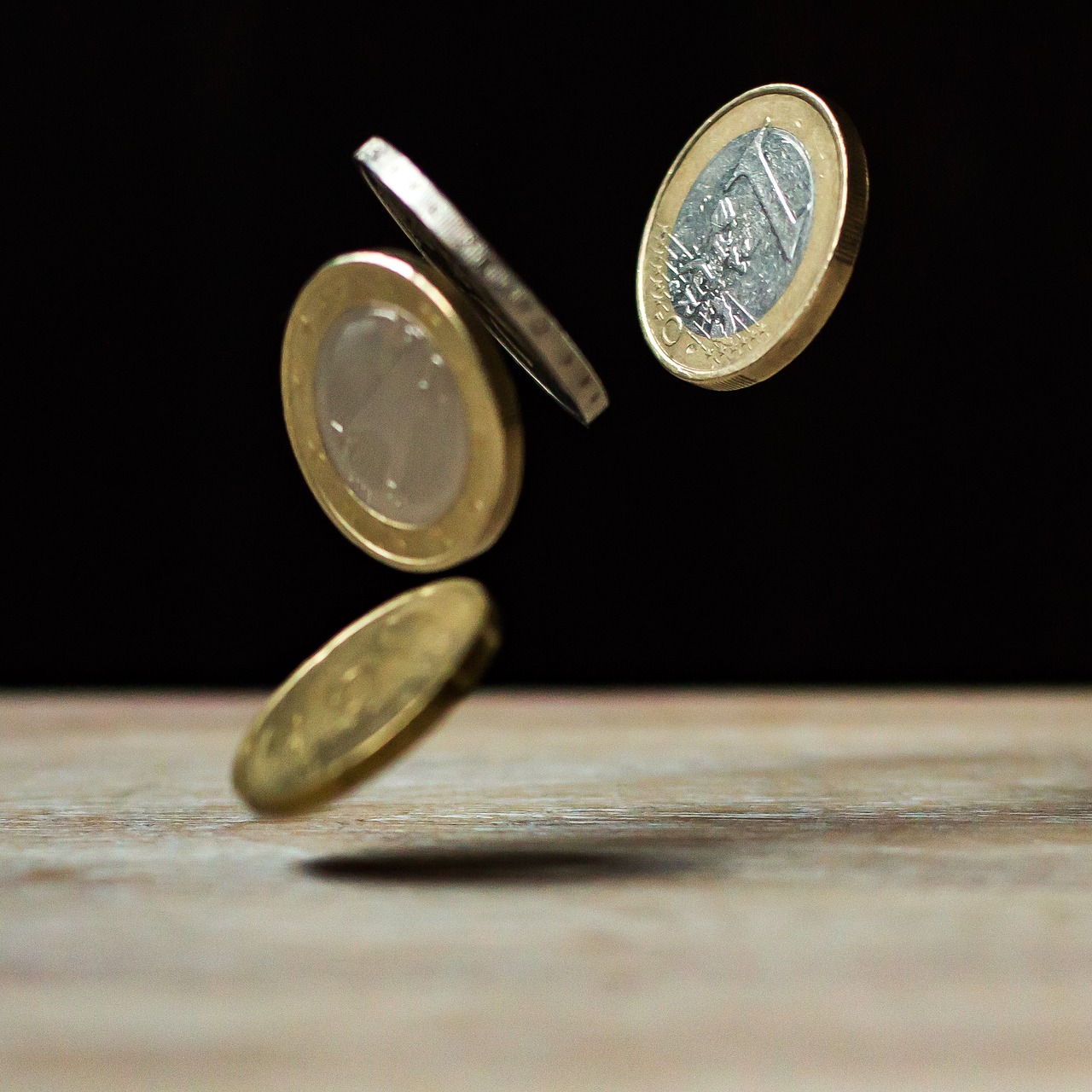最後更新日: 2024年01月23日
Narayana Kocherlakota 早前一篇Bloomberg View文章,就受到多個經濟學網誌熱議。這文章的名題有趣,題目為《Want a Free Market? Abolish Cash》,內容是討論現金對自由市場的干預。
甚麼叫做「現金對自由市場的干預」? 先來一個思想實驗,Kocherlakota指如果所有人都對經濟未來增長感到悲觀,一個理性的行為是市場對安全資產的需求大升,令實質利率下降,甚至降至負數。但實質利率能否下降至相應的負數水平?
問題就是因為現金是零利息的「投資工具」,現金的存在令名義利率難以大幅低過零,而同一時間央行又推行利率目標政策,極力維持通脹率於低及穩定的水平;兩者加起來就令實質利率難以低於負2%(名義利率最低為零,減去平均只有2%的通脹率)。由於兩者都為政府的政策,換句話說「政府限制」負利率的可能性,令利率不能完全反映市場的情況。
Yet two government mechanisms prevent real interest rates from getting too negative. The first is cash: As long as people can hold currency, which loses its value only at the rate of inflation, they won’t buy safe assets that yield even less. The second is the central bank’s promise to keep the inflation rate low and stable — at about 2 percent in most developed nations. As a result, people have little reason to hold any asset that yields less than negative 2 percent (perhaps negative 3 percent, considering that cash is bulky and hard to store).
👀Advertisement👀
當實質利率無法下調至理想的負數水平,就會令投資減少,生產力下降。有何解決方法? 一個可能性當然是調高通脹目標,但另一個方法就是廢除鈔票,改用電子貨幣,因為電子貨幣不再有現金的「永遠零息」特質,可以解決上述的「政府干預」問題。
當然,這個建議如此前衛,必然引來大量討論,以下為幾篇討論:
Got a blister on your pinky? Let’s amputate your right arm.
Moneyness: Kocherlakota on cash
及Kocherlakota對個別討論的回應:
本網內容全數由Patreon嘅讀者贊助
如果你都鐘意我地嘅文章,可以考慮成為我地最新嘅Sponsor !
想睇到我地最新嘅文章,可以去Telegram follow 我地 詳見《Econ記者使用說明》







